Diversity & Equality
The Diversity and Equality Group was born in 2021 out of the desire to create a favourable working environment within the ENS Geosciences Department regardless of gender, ethnic or social origin, religion, etc. It is composed of about twenty volunteer members representing the diversity of the department and proposes several actions to assess the situation in the department each year and to promote the adoption of good practices to promote equity and diversity.
To contact us
contact-DiversityEqualityGeos@geosciences.ens.fr
Who we are
The D&E group in 2024: Nelly Tiemagni Bergounhon, Annemiek Stegehuis, Hélène Rouby, Tjarda Roberts, Jean-Arthur Olive, Kim Moutard, Hélène Lyon-Caen, Johanne Lebrun Thauront, Emilie Klein, Aglaé Jézéquel, Bertrand Guenet, Alessandra Giannini, Carole Dalin
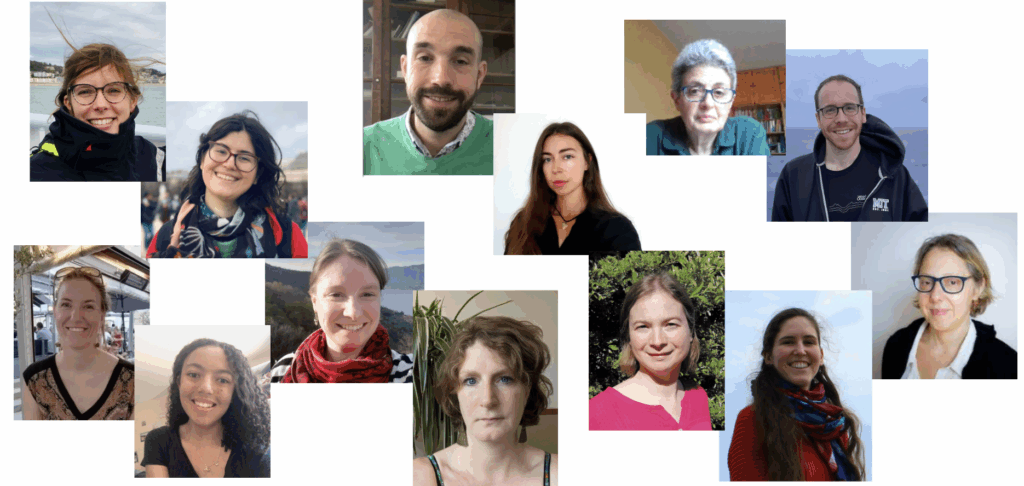
- Organization and hosting of open mental health lunch events. The most recent: on March 17, 2025, as part of Stand Up for Sciences and the US administration’s attacks on science and scientific institutes.
- Speech at our last Department General Assembly (February 1, 2025). See the full presentation below.
- Awareness-raising among Geosciences Department students at the start of the new academic year and prior to field trips (Rentrée ENS Géosciences D&E 2024_2025.pdf presented on Wednesday September 18, 2024, bringing together L3-M1-M2 students).
- Participation in the annual day of presentation and visit of the Geosciences department to the winners of the 2024 competitive exam (September 5, 2024).
- We spoke at the Geosciences 2023 department day (7 June), at which we presented (find the full presentation below) various initiatives carried out over the year, including:
– The key results of the second survey (slides 3-17).
– The results of a census of available space by staff (slides 18-19): in 2022, following the publication of a report showing that female researchers at a US oceanography institute have almost half as much lab space as male researchers, the D&E group carried out a census to assess the potential gender bias within our walls. The results show that, if status is correctly taken into account (for scientific staff: early careers VS experienced researchers; for administrative and technical staff: AI / IE / IR), there is no gender bias in our department. Men are indeed more numerous in the more advanced statuses, so they occupy more space, but they don’t individually have more space than women.
– The results of the VSS awareness training campaign at the ENS (slides 22-24).
At the start of the 2021 academic year, we wanted to take stock of situations of harassment and other violence (whether sexual, sexist or moral) within our walls. The first action of our working group was therefore to build a survey, shared by the department director, Laurent Bopp, on 12 February 2021, giving a one-month window to collect responses.
The main results were presented during the ‘Department day’ on June 23rd, 2021. The comprehensive results have been compiled into a report. Both this document and the presentation slides are available below.
At the end of 2022 – beginning of 2023, i.e. two years after the first one, we carried out a second survey, with two objectives:
1. To quantify evolution in the aspects identified in the previous survey, particularly with regard to sexism.
2. To make an inventory of certain aspects that were not or not properly taken into account in the first survey. In particular, we asked respondents to reflect on situations related to discrimination based on religion, ethnic, national or social origin, disability or illness, age, homosexuality or trans-identity, etc. (real or assumed membership of these groups).
The most important results of this survey were presented in detail at the 2023 Department day, and the full results are available below.
The D&E group developped a Code of Conduct, that provides guidelines for a better respect of people, regardless of their gender, status, sexual orientation, origin (real or supposed), religion or disability. It concerns, on the one hand, the individual behaviors and actions of each member of the department and, on the other hand, the commitments and actions to be carried out at the level of team, laboratory and department management.
The need for this initiative comes from recognizing situations of discrimination and harassment within the department’s teaching and research activities. These were highlighted in particular during the Diversity & Equality survey conducted in February 2021 within the department.
This Code of Conduct was adopted on October 18, 2022 by vote at the Conseil du Laboratoire of the Laboratoire de Géologie de l’ENS as well as by the Geosciences Department (LG+LMD-ENS) during its General Assembly on April 21, 2022. The LMD in full (ENS-Jussieu-Polytechnique) has also led discussions to create a code that applies to all 3 sites.
Department’s QVTRPS referents
Whatever the circumstances, if you need help or advice, do not hesitate to contact the department’s Quality of Life at Work and Psychosocial Risk referents:
- Aglaé Jezequel (aglae.jezequel@lmd.ipsl.fr, office E406)
- Émilie Klein (klein@geologie.ens.fr, office E335)
- Bertrand Guenet (guenet@geologie.ens.fr, office E325c)
- Christophe Cassou (christophe.cassou@lmd.ipsl.fr, office E222)
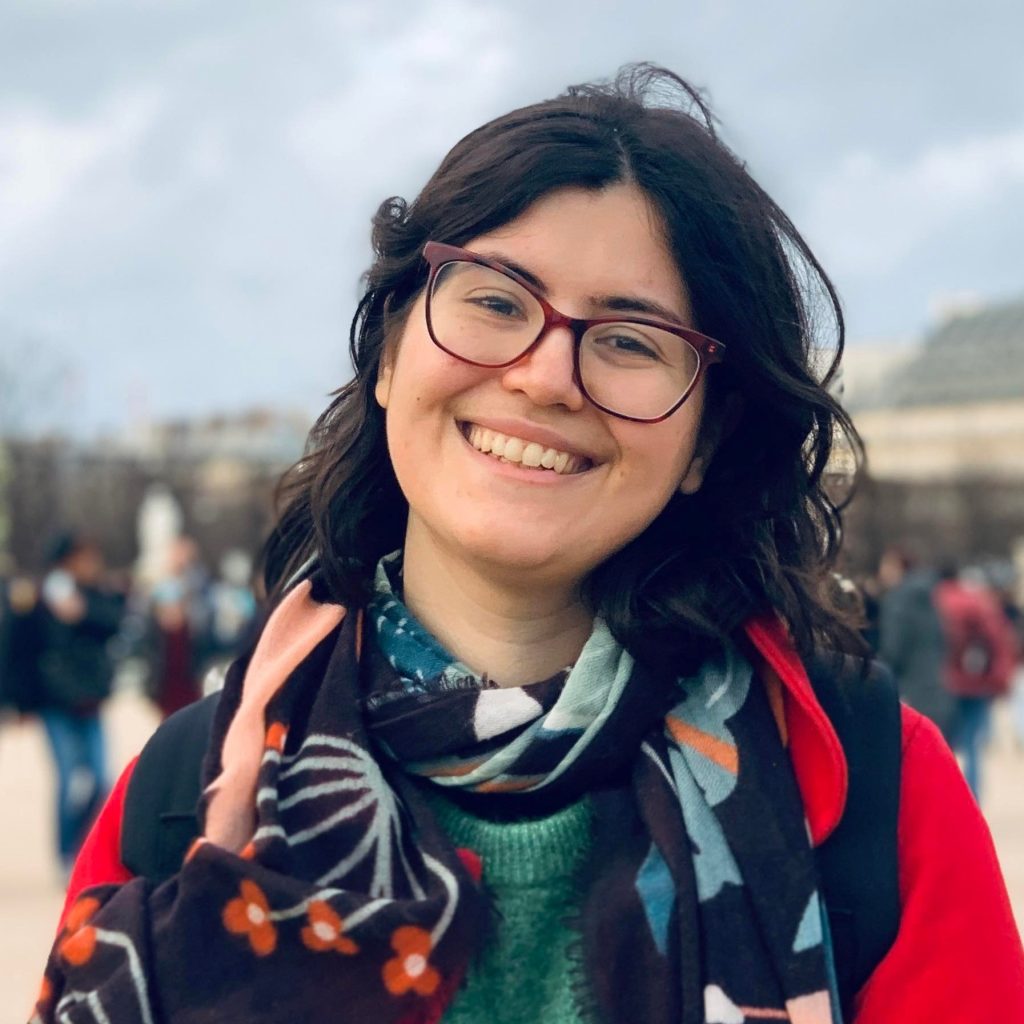
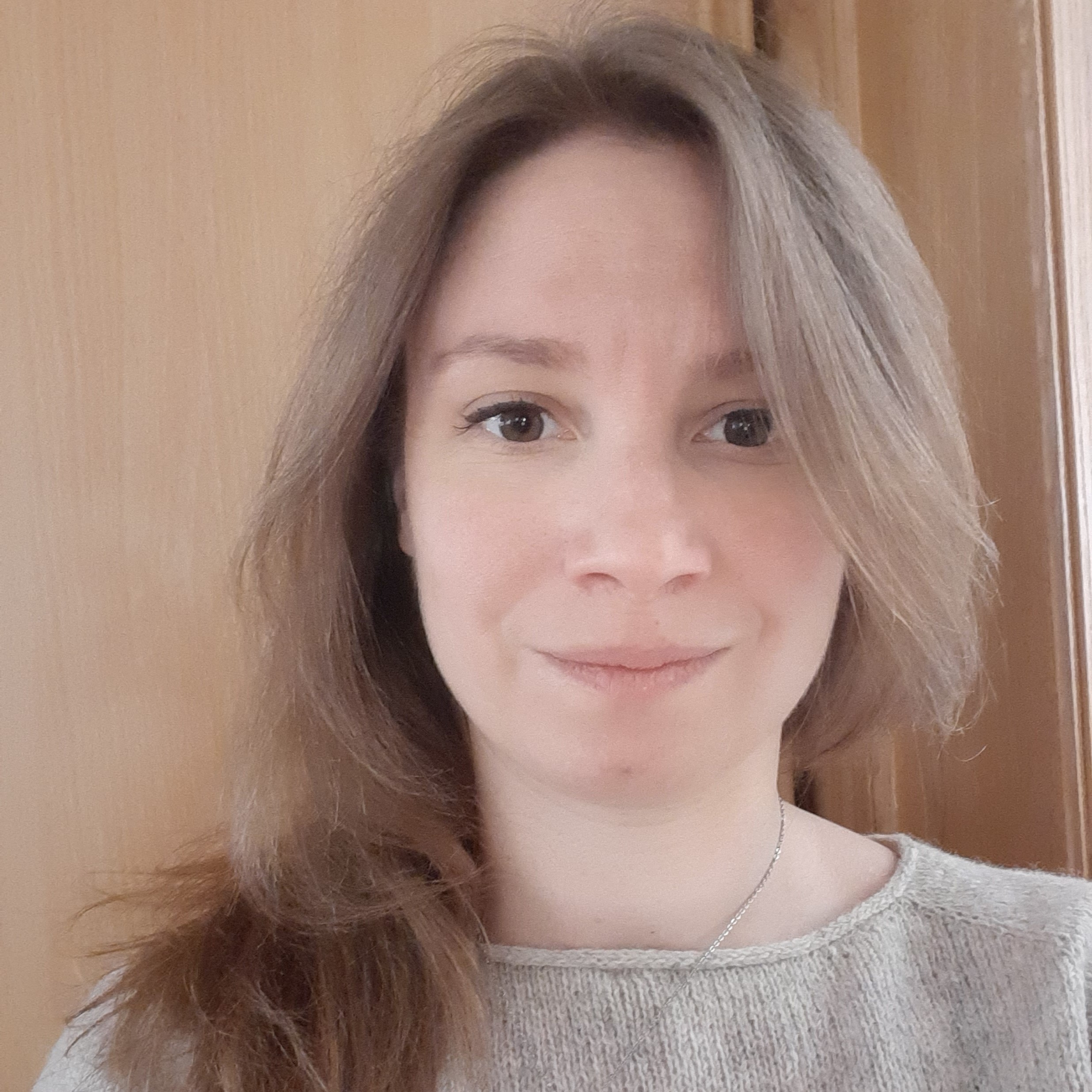
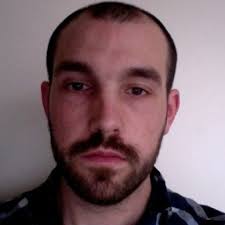
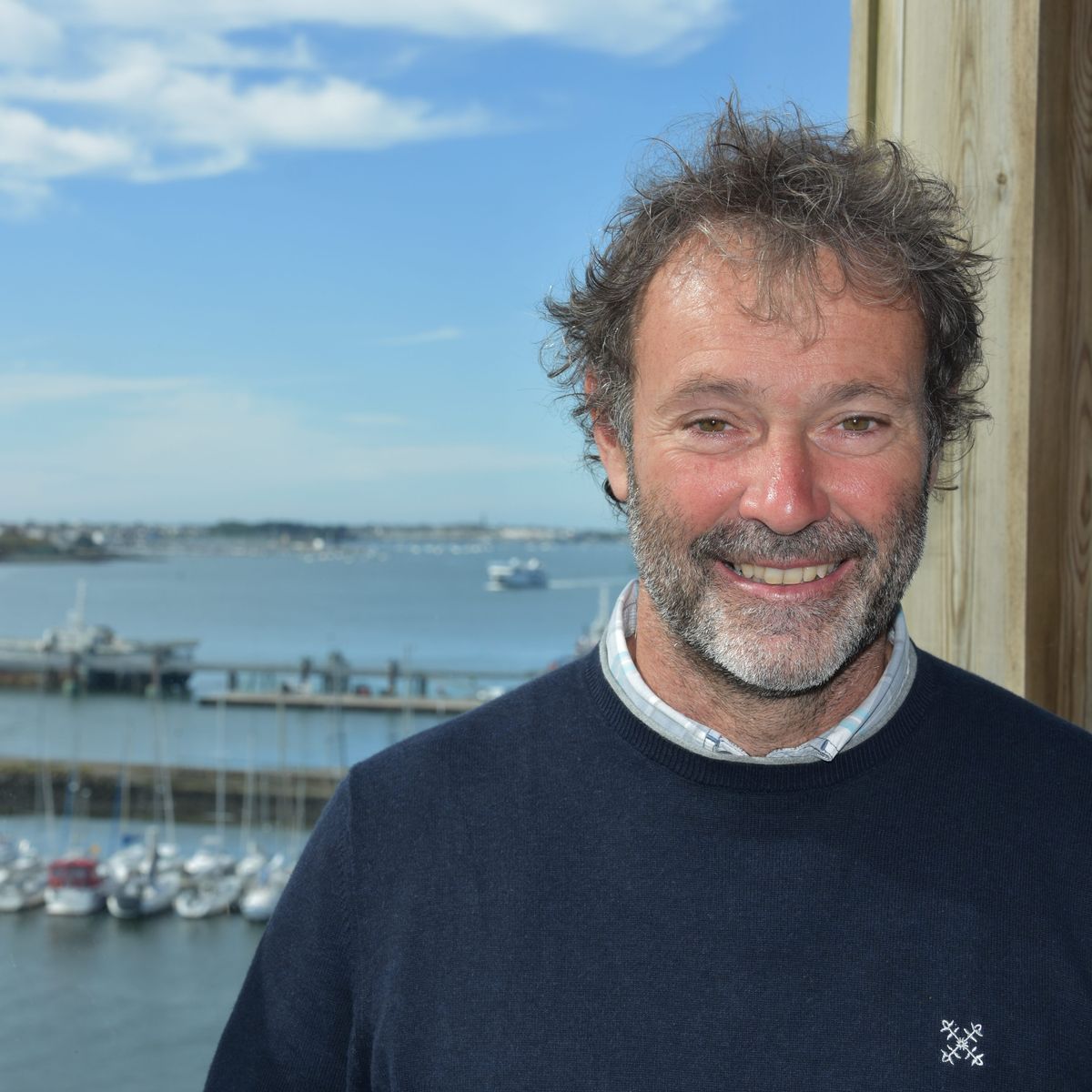
Referents at ENS
Equality referent: Charlotte Jacquemot
Scientific integrity referent: Mathias Girel
Racism and antisemitism referent: Jean-Pascal Anfray
LGBTQIA+ referent: Tiphaine de Gésincourt
PSL resources
- PSL welcome desk
https://www.psl.eu/en/lifepsl/welcome-desk
- Helpline against harassment and violences
https://psl.eu/en/helpline-against-harassment-and-violences
ENS Intranet resources
I am a student
https://intranet.ens.psl.eu/fr/jetudie/sante-prevention-et-securite-handicap-risques-psychosociaux
I am a professional
https://intranet.ens.psl.eu/fr/services-administratifs/ressources-humaines/risques-psychosociaux-cellule-decoute
- ENS medico-socio-professional watch unit
vms@ens.fr
CNRS contacts
- CNRS reporting unit
signalement@cnrs.fr - Free and anonymous listening and support unit of the France Victimes association
01 80 52 33 77 – 7/7d – 9am/9pm
cnrs@france-victimes.fr
Student health
- Health Center ENS
Tél. 01 44 32 36 46 ou 01 44 32 31 49, pole.sante@ens.psl.eu
Open Monday to Friday from 9am to 5pm
45 Rue d’Ulm, first floor of the Rataud building
- PSL student health center
Doctor (for students in the broadest sense)
Psychological service (PPOP – prevention and psychological guidance centre)
Nurses
Tél. 07 76 08 63 28, santeetudiante@psl.eu
https://psl.eu/en/lifepsl/student-health-service
In the 5th: INJS, 254, rue Saint-Jacques
In the 16th : Dauphine – PSL , bureau BO3
Consultations are free for PSL students
Occupational health contacts
- Health Center ENS
Tél. 01 44 32 36 46 ou 01 44 32 31 49, pole.sante@ens.psl.eu
Open Monday to Friday from 9am to 5pm
45 Rue d’Ulm, first floor of the Rataud building
- CNRS-DR02 (Geology Laboratory)
Cabinet Efficience Santé au travail
Ass. Med.: Lydie Rousseau – Tel. 01 44 16 91 43
- CNRS-DR04 (LMD)
Service médical du CNRS – Bâtiment 4
Avenue de la Terrasse – 91198 GIF-SUR-YVETTE CEDEX
Dr (Mme) Jehanne Marchaut – Tel. 01 69 82 33 13
Secr. Christelle Lalanne – Tel. 01 69 82 33 12
Secr. Thérèse Le Dinh Bao – Tel. 01 69 82 46 90
- Sorbonne Université (LMD PhD students)
Médecin de Prévention – Dr. Ioana Orst – 01 44 27 23 07
infirmerie@sorbonne-universite.fr
- Ecole Polytechnique
Health and Safety at work: 01 69 33 37 38
N. Fernades et V. Moreau (prevention engineers)
Prevention Doctor : 01 69 33 39 21 – secretariat.smp@polytechnique.fr
Sexual and moral harassment
- ONU Women
https://www.unwomen.org/en/news/in-focus/end-violence-against-women - Association of Victims of Harassment at Work (A.V.H.T)
Tel. 06 15 72 30 55 every first and third Friday of each month from 2 p.m. to 6 p.m
contact@avht.org
Psychological support
- Night listening service for Parisian students
https://www.nightline.fr/en/paris – Tel. 01 88 32 12 32
https://www.student-support.info/
Ethics, professional conduct, and scientific integrity
- ENS Research Integrity Committee
https://www.ens.psl.eu/en/ens/leadership-and-ens-administration/instances/research-integrity-committee
- ENS Research Integrity Officer
Mathias Girel + Boris Barbour, Catherine Tallon-Baudry, Thierry Mora and Florence Weber
integritescientifique@ens.psl.eu
- CNRS Scientific Integrity Officer
Rémy Mosseri – remy.mosseri@cnrs.fr
Arriving in France
- The page FRANCE of the Persismo group gathers information about residence permit, recruitment, Sécurité Sociale, getting a place to live, a phone, day to day life tips, etc.
https://persismo.notion.site/persismo/France
Whether you are a foreigner researcher (independently of your status), or you’re a French researcher welcoming a newcomer from abroad, the administrative process of arrival in France can be incredibly tough…
Go check out the following webpage which gathers tons of information, about residence permit, recruitment, Sécurité Sociale, getting a place to live, a phone, day to day life tips and so much more!
This page was initially created by the Persismo group.
If you’re still lost in translation, do not hesitate to look for help contacting Harsha Bhat or the D&E group: contact-DiversityEqualityGeos@geosciences.ens.fr.
Contacts and tips to quickly learn French
• You are employed by CNRS
IFSEM – CNRS regional training courses
Note: online registration on SYGEFOR.
Janus account required for any connection – if you do not have one, contact Matthias Delescluse for the LGENS, Corinne Fonsat for the LMD.
Account to be completed with COFO LGENS = Émilie Klein; first validator = Pierre Barré. Do not hesitate to contact E. Klein for further information.
Account to be completed with COFO LMD = Isabelle Ricordel; first validator = Gwendal Rivière. Do not hesitate to contact I. Ricordel or further information.
Science Accueil
https://www.science-accueil.org/apprendre-le-francais/
• You are employed by ENS
PSL Internal School
Note: online registration on PSL Internal School.
Ecole interne account required – first connection here.
ECLA: Description of French courses for international students
ENS Language Helpline
You can also use this WhatsApp group if it is urgent.
Become a volunteer.
If none of these solutions work, your employer (whether the CNRS or the ENS) can pay for training, for example, at the Alliance Française.
Contact your COFO (E. Klein for LGENS, I. Ricordel for LMD) for more information on how to proceed.
Support for Science Accueil – CNRS employees
The Science Accueil association supports the incoming mobility of international scientists (permanent staff as well as doctoral and post-doctoral students and their families), particularly with regard to:
- help with finding accommodation
- help with administrative formalities
- cultural and linguistic integration
- support and reassurance

